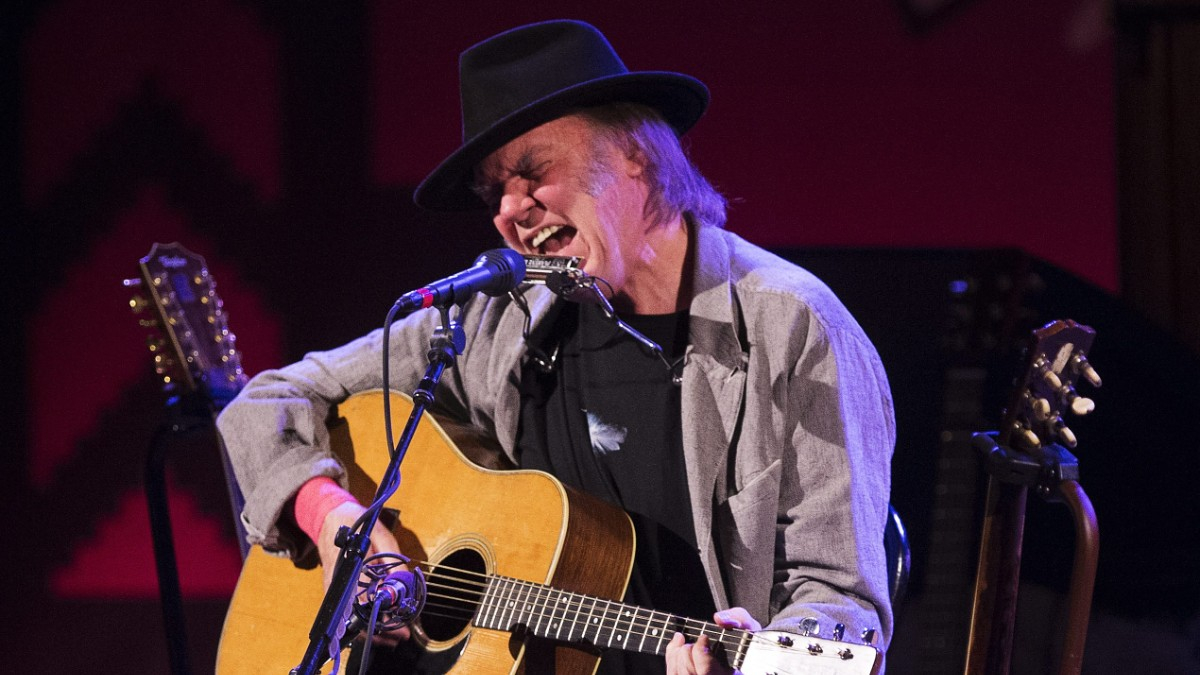Support strong Canadian climate journalism for 2025
It’s time for the federal government to hit the gas pedal on electoral reform, now that there’s a road map for replacing the current first−past−the−post voting system, say former elections chief Jean−Pierre Kingsley and a group of prominent Canadians.
The 26−member group, including artist Robert Bateman, singer−songwriter Neil Young and former Harper government strategist Guy Giorno, is urging Prime Minister Justin Trudeau to get on with changing the way people choose their government.
With just 34 months before the next federal election, Democratic Institutions Minister Karina Gould should introduce legislation within months to ensure a new system is up and running on time, Kingsley told a news conference.
"The earlier the government tables its proposal, the greater the opportunity for Canadians to consider it, to debate it and to understand it," he said.
"The leadership of minister Gould is essential in this endeavour, as is that of Prime Minister (Justin) Trudeau himself."
Kingsley, who was chief electoral officer from 1990 until 2007, said the government needs to get serious about the plan for so−called proportional representation, the system that was recommended amid much controversy by a special Commons committee last month.
"The government has said it would be introducing legislation ... by May," said Kingsley. "I’m expecting that to be respected."
Trudeau promised during the last election campaign that the 2015 vote would be the last held under first−past−the−post, although he has since shown signs of backing away from that commitment.
During a town−hall meeting in Kingston, Ont., last week, Trudeau described electoral reform as "a complicated issue" that brings out a wide spectrum of opinions.
Asked by a woman in the audience whether he believes a proportional voting system would be best for Canada, Trudeau said while he prefers a ranked voting system, he’s open to a broad range of perspectives.
Gould has also so far refused to say definitively whether she’s committed to ensuring the federal Liberals honour their campaign promise.
Her spokesman was equally non−committal Thursday. "We are grateful to the special committee for their work and we are reviewing it closely," John O’Leary said in an email.
"We will carefully consider their recommendations as we move forward with electoral reform."
Starting in early December, the government encouraged Canadians to take part in an online survey about how best to change the electoral system. The portal for that survey, called MyDemocracy.ca, has since closed, but the government has said the findings will be released in the coming weeks.
Kingsley filled out the survey himself, and said he found it useful, although somewhat incomplete.
Gould was appointed minister of democratic institutions earlier this month, replacing Maryam Monsef, who stunned opposition MPs when she complained that members of the electoral reform committee had failed to do their jobs by not presenting the government with a specific new voting system proposal.
The committee’s report recommended that the federal government hold a referendum on some form of proportional representation. But that recommendation was not unanimous.
As well, some committee members who supported the option questioned the need for a referendum, which the Opposition Conservatives insist is necessary to ensure that the will of Canadians is properly respected.
A number of opposition MPs have also raised concerns that the Liberals plan to create a voting system that will favour their party.
The current voting system elects one MP in each of 338 ridings across the country. For years, critics have complained that MPs can be elected with less than half the votes cast when more than two candidates are running.
Proportional representation would produce a House of Commons in which the popular vote is more accurately represented, with some MPs representing a geographical region instead of an individual riding.


Comments
The MyDemocracy.ca web site did not ask the most important questions. For example, it should have asked whether or not every voter should have an MP who shares his or her values, to the extent possible.
There is another serious problem. There was nothing to stop you from completing the survey multiple times. When I was told this, I filled it out a second time without any problem. Anyone who seriously wanted to undermine the results could have created a script that would automatically and repeatedly made many submissions using different ip addresses and e-mail addresses. The results of the survey should thus be condidered to be invalid.